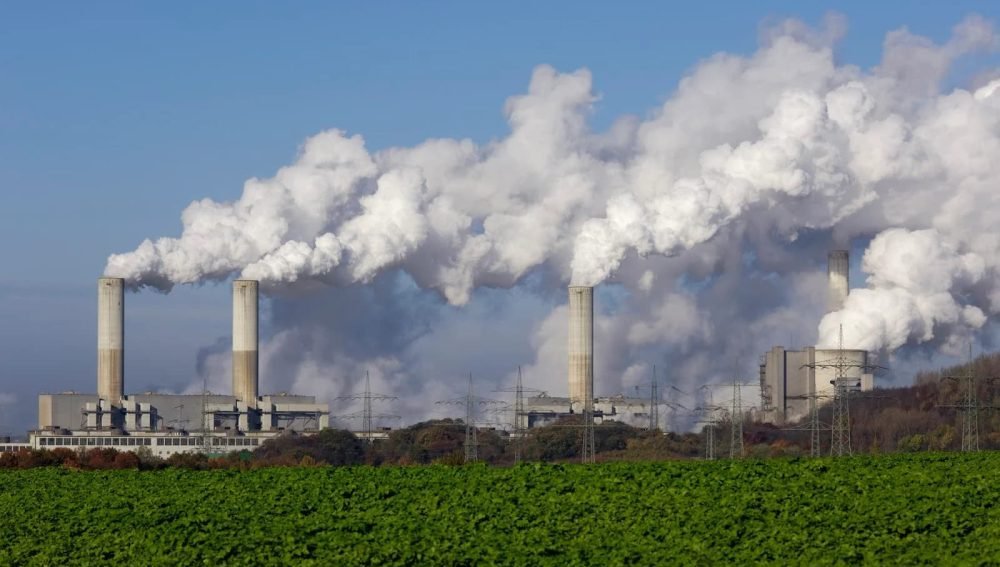Pakistan’s decision to implement a carbon pricing mechanism reflects a growing recognition of the need to address climate change and reduce greenhouse gas emissions.
In a recent report released by the Asian Development Bank (ADB) titled “Asian Economic Integration Report 2024, Decarbonizing Global Value Chains,” Pakistan has announced its intention to implement a carbon pricing mechanism as part of its strategy to lower greenhouse gas emissions. This move reflects a broader trend in Asia where economies are increasingly recognizing the importance of such policy tools in addressing climate change.
The ADB report highlights the significance of establishing carbon pricing mechanisms as one of the key strategies to mitigate greenhouse gas emissions. While some Asian economies have already initiated carbon taxes or emissions trading systems, including Japan, Singapore, Indonesia, Kazakhstan, New Zealand, China, and South Korea, others like Pakistan, Brunei Darussalam, India, the Philippines, Thailand, and Vietnam are in the process of planning or implementing similar measures.
Furthermore, the report underscores the vulnerability of certain Asian economies, including Bangladesh, Nepal, Pakistan, the Philippines, and Thailand, to long-term climate risks. Asia has borne the brunt of multi-hazard losses over the past two decades, highlighting the urgent need for concerted action to address climate change.
The ADB also notes the progress in regional trade agreements, with five agreements entering into force in 2023. These agreements, which include the Indonesia-Republic of Korea Comprehensive Economic Partnership Agreement (CEPA), aim to promote economic integration and cooperation among Asian economies.
Additionally, bilateral agreements between Asian and non-Asian countries, such as Indonesia’s agreements with Iran and the United Arab Emirates, as well as Uzbekistan’s agreements with Pakistan and Turkey, demonstrate efforts to diversify trade partnerships and expand market access.
The report discusses the impact of the COVID-19 pandemic on migration patterns in Asia. While there was a significant decline in migrant outflows in 2020, especially from major sending economies like Bangladesh, India, Pakistan, and Sri Lanka, there has been a gradual recovery since then. However, the pace of recovery varies among countries, with some still below pre-pandemic levels.
In the context of Pakistan, the report highlights the country’s Logistics and Freight Policy, which aims to improve domestic and international supply chains through the integration of various transportation modes. This policy is crucial for enhancing trade facilitation and promoting economic growth.
Furthermore, the report emphasizes the importance of regional integration in fostering economic resilience and mitigating the adverse effects of global shocks. Despite challenges such as rising protectionism and trade tensions, closer cooperation among Asian economies can lead to mutual benefits and strengthen the region’s ability to address shared challenges, including supply chain vulnerability and climate change.
In conclusion, Pakistan’s decision to implement a carbon pricing mechanism reflects a growing recognition of the need to address climate change and reduce greenhouse gas emissions. By adopting such measures and promoting regional cooperation, Asian economies can work towards a more sustainable and resilient future.
